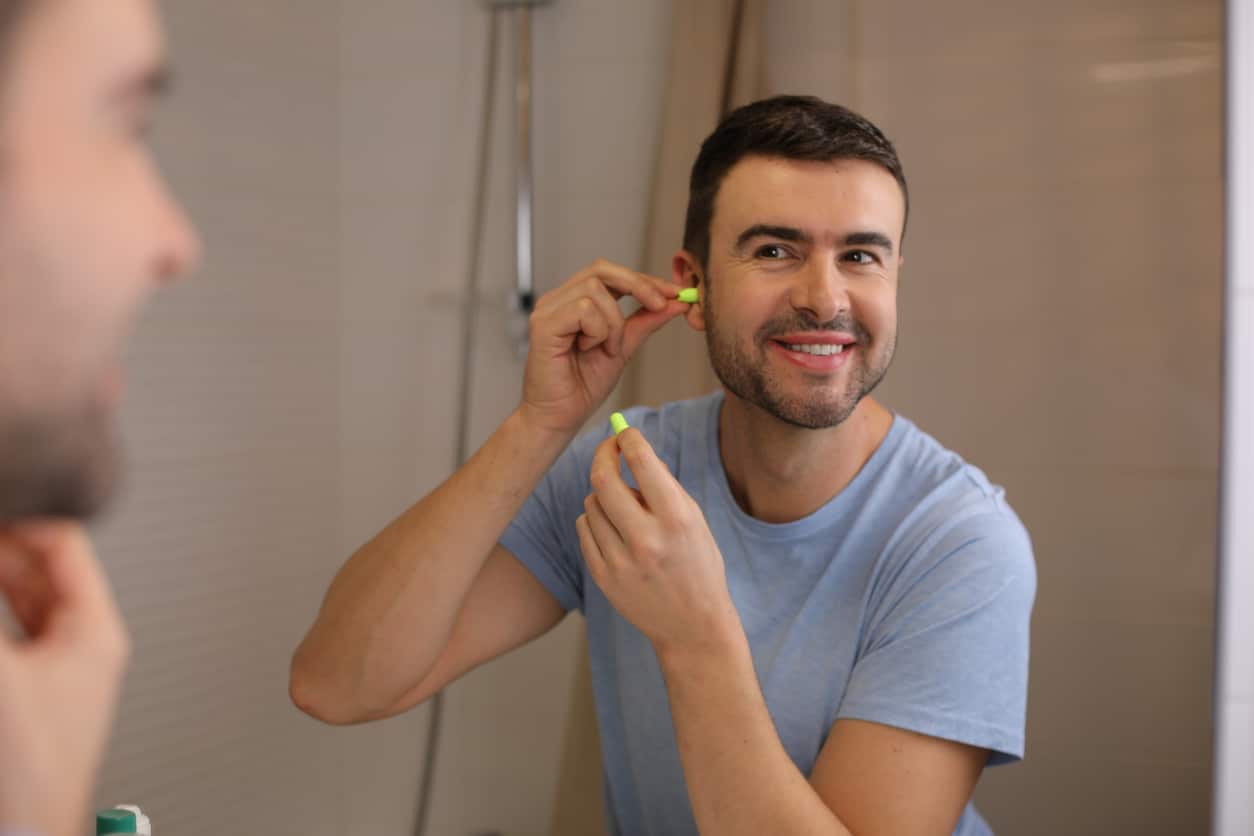Once hearing loss has been identified, one of the most important steps you can take is to protect the hearing you still have, also known as residual hearing. Since most types of hearing loss can’t be reversed, protecting what remains is key to maintaining your long-term hearing health.
The Importance of Preserving Residual Hearing

Your remaining hearing plays an important role in understanding speech, staying balanced and engaging with your surroundings. Keeping it intact also ensures that hearing aids and other management options work as effectively as possible. When residual hearing declines further, it becomes more difficult to communicate and connect with others.
Hearing loss is widespread, affecting around 15% of adults in the U.S. within the past year. Protecting your remaining hearing is one of the best ways to manage the condition proactively.
Everyday Habits That Support Better Hearing
Fortunately, protecting your hearing doesn’t require a complete lifestyle overhaul. These simple strategies can make a lasting difference:
- Wear your hearing aids regularly: Far from just amplifying sound, hearing aids help reduce listening fatigue. They make speech clearer and filter out background noise, helping you focus and reducing the risk of fatigue. Plus, when using hearing aids, you’re less likely to turn up the volume on other devices to unsafe levels.
- Steer clear of noisy settings when you can: Environments like concerts at Bay Chamber Concerts, sporting events or construction zones often expose you to harmful noise levels. If you can’t avoid them, protect your ears with high-quality earplugs.
- Be mindful of volume: Whether you’re using headphones, earbuds or watching TV, keep the volume in a safe range. A quick rule is that if someone nearby can hear what you’re listening to, it’s probably too loud.
- Give your ears regular breaks: Spending time in noisy environments? Take a step back now and then. Quiet periods help your ears recover and reduce overall stress on your hearing system.
- Stick with routine hearing care: Check in regularly with your hearing specialist. These appointments help track any changes in your hearing and allow for timely adjustments to your hearing care plan.
Stay Connected by Protecting What You Have
Preserving residual hearing is about maintaining your connection to conversations, activities and the people around you. Even small changes in daily habits can have a big impact over time.
If you’ve been diagnosed with hearing loss and want guidance on how to protect your hearing moving forward, contact Gary D. Schwartzberg, Au.D., Doctor of Audiology to schedule an appointment today.